At NNSA’s National Laboratories and sites, research supporting our vital nuclear security missions spans the entire electromagnetic spectrum.
National Nuclear Security Administration
October 15, 2018Nuclear Science Week celebrates and promotes all aspects of nuclear science. At NNSA’s National Laboratories and sites, research supporting our vital nuclear security missions spans the entire electromagnetic spectrum.
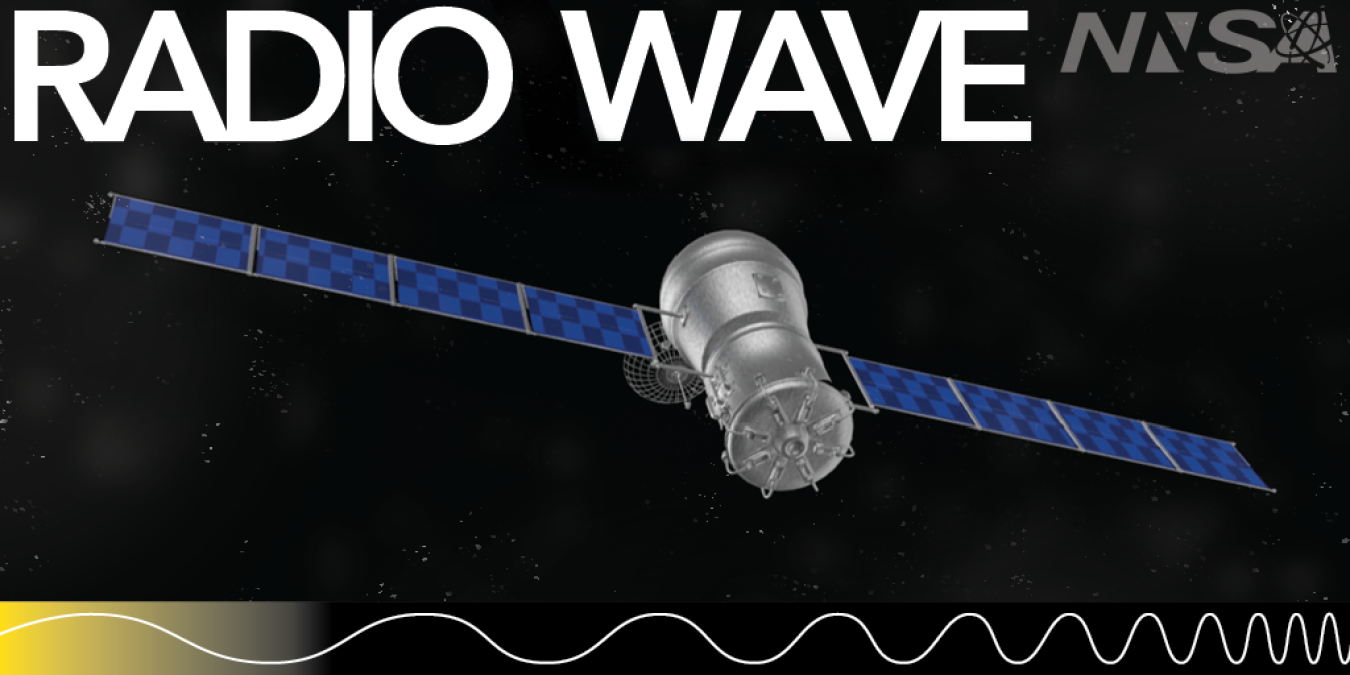
Radio waves have been used to wirelessly monitor the environment from long ranges, visualize a cosmic tsunami, and create 3D maps with radar. Learn more about how NNSA uses radio waves.

Microwave sintering, bonding, and assembly is a novel manufacturing technology that creates composite components using minimal equipment. Learn more about how NNSA uses microwaves.
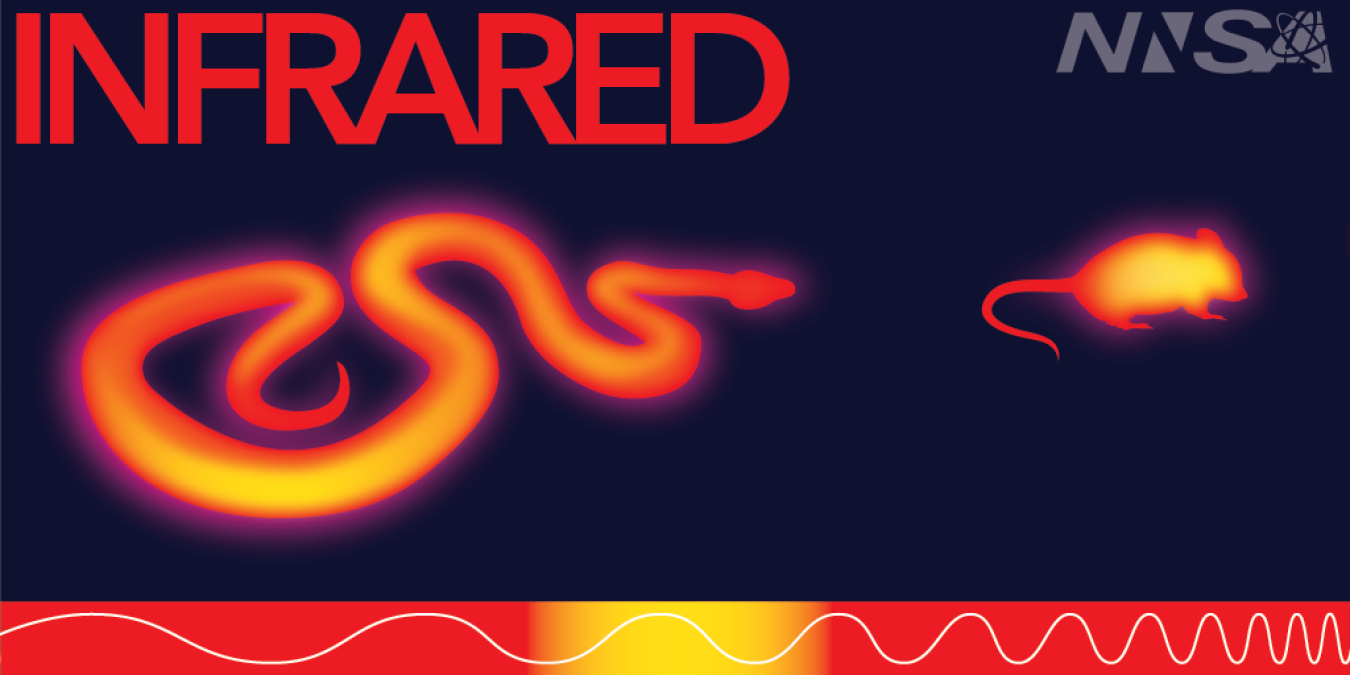
Infrared radiation helps us identify materials – from potentially hazardous chemicals on American soil, to extraterrestrial rocks millions of miles away. It also lets us monitor the globe from space. Learn more about how infrared is used in the National Security Enterprise.
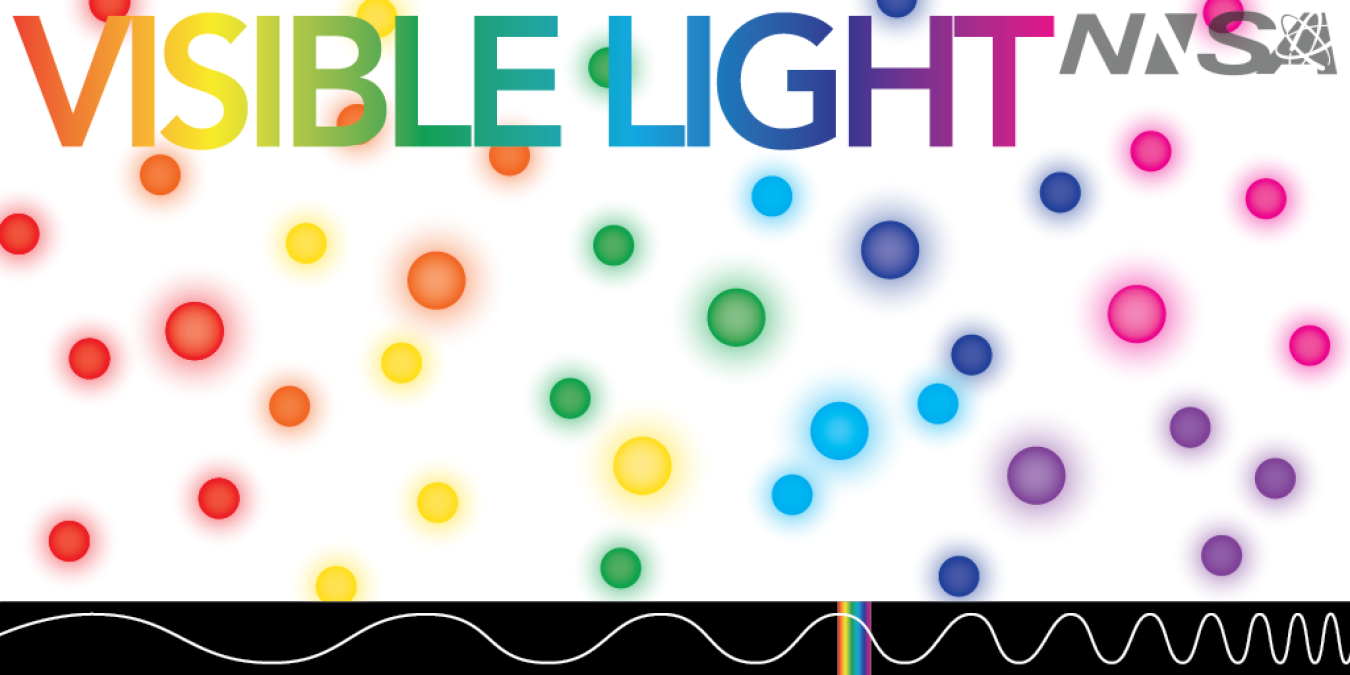
Visible Light can be seen in various aspects of National Lab research, pushing the boundaries of solar panel potential with nanoparticles and expanding laser capabilities with metamaterials. Learn more about how visible light is used at NNSA.
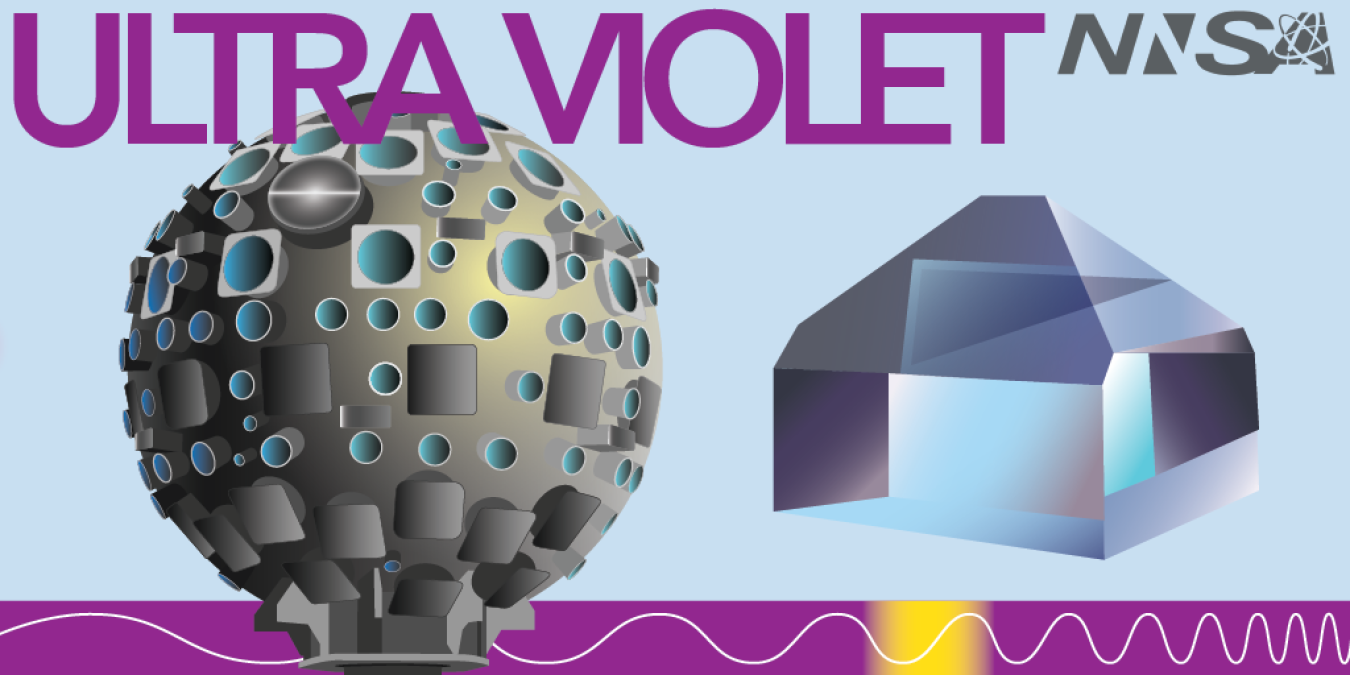
Ultraviolet radiation passes through giant crystals as laser light aimed at tiny targets in the National Ignition Facility. It also helps make microchips for the semiconductor industry. Learn more about how ultraviolet light is used at NNSA.

X-Rays help certify the nuclear stockpile at Sandia Labs and Los Alamos Lab with high-tech optical lenses and super-fast digital cameras. Learn more about how X-rays are used in the Nuclear Security Enterprise.
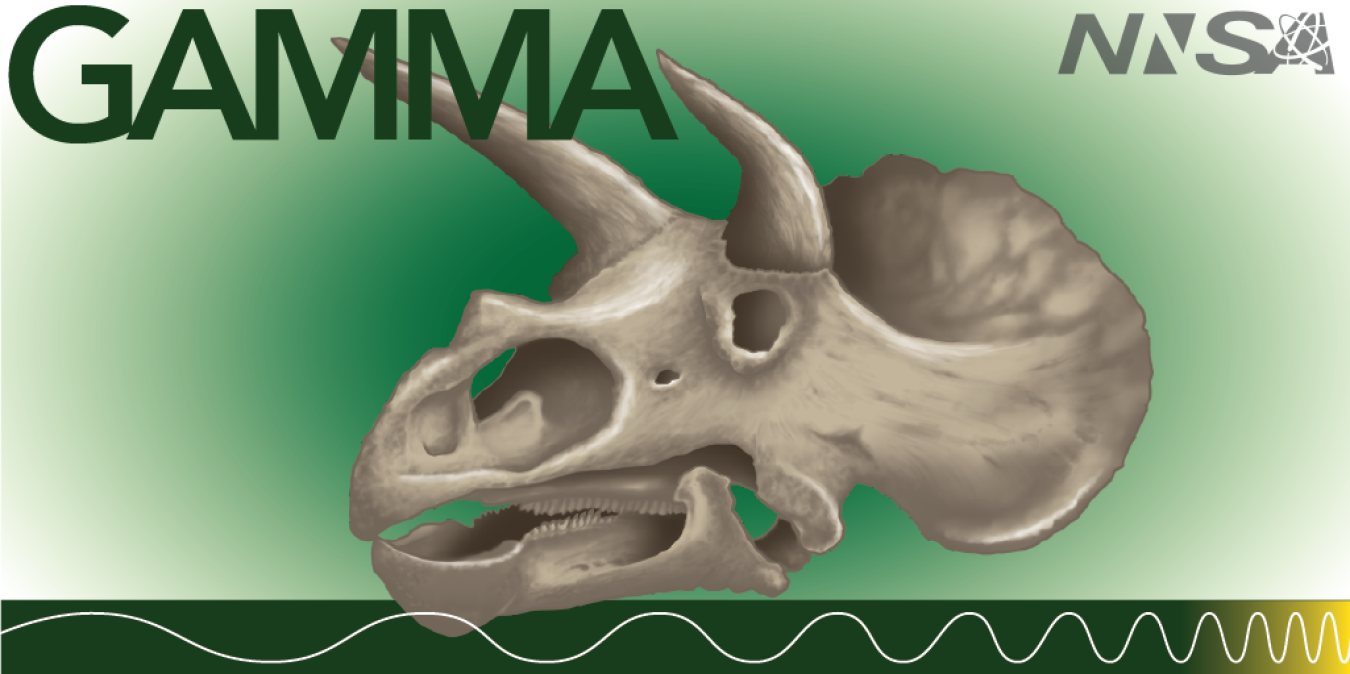
Gamma Rays can identify dinosaur bones, inform radiological incident response, certify the safety of our nuclear weapons, and verify nonproliferation agreements. Learn how gamma rays help NNSA accomplish its missions.

